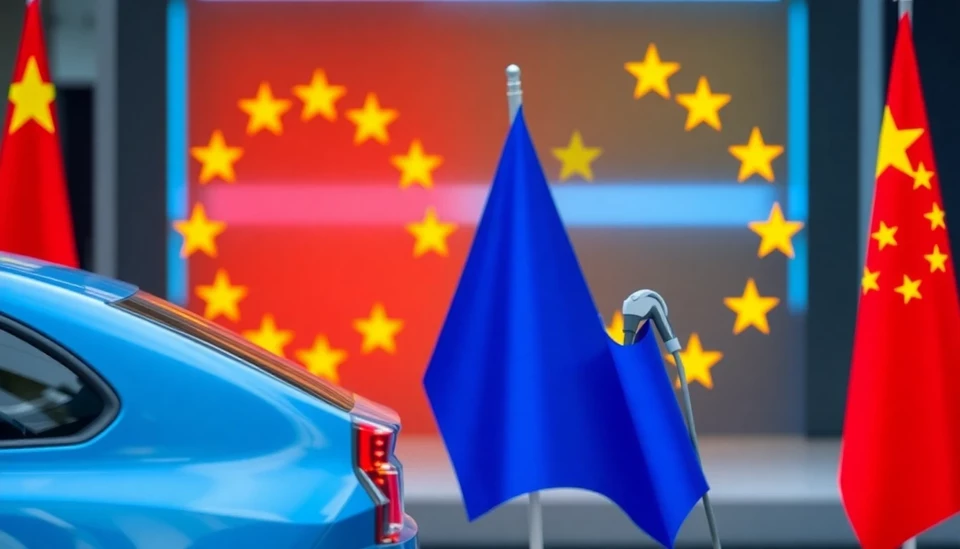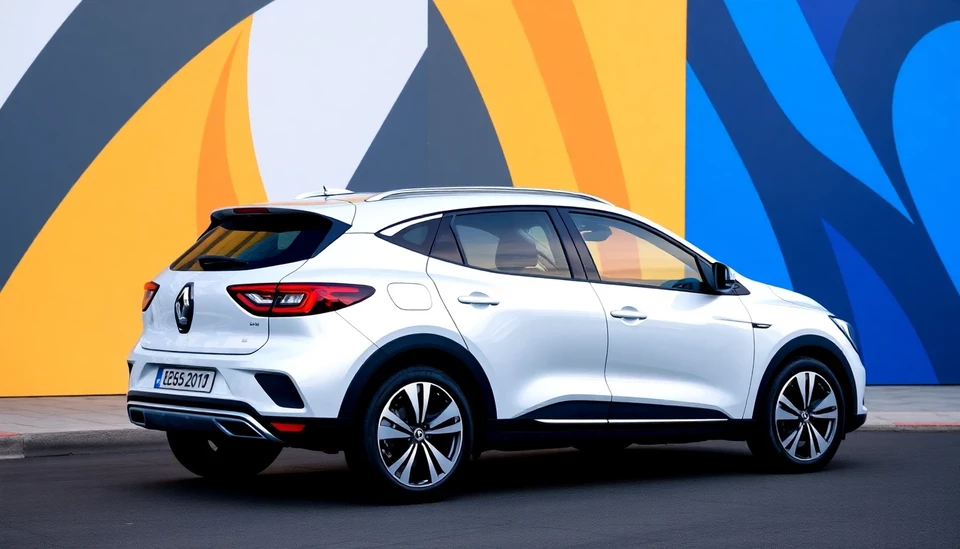
In a significant development for the electric vehicle (EV) industry, representatives from China and the European Union have reportedly reached a technical consensus during their ongoing discussions. This agreement signals a promising step towards enhanced cooperation, as both parties aim to navigate complex trade dynamics while addressing environmental concerns associated with electric vehicles.
According to reports from China Central Television (CCTV), the negotiations focused primarily on standards and regulations governing the production and sale of electric vehicles. The talks are crucial, considering the increasing demand for EVs globally and the push for sustainable transportation solutions amidst rising environmental awareness.
The consensus reached is seen as a preliminary framework that could potentially lead to more comprehensive agreements in the future. Analysts believe that establishing common standards will facilitate smoother cross-border trade of electric vehicles and components, ultimately benefiting both regions economically. This move aligns with the EU's broader strategy to reduce carbon emissions and build a more sustainable automotive market.
The discussions come at a crucial time when the global automotive industry is rapidly evolving, with major investments being funneled into electric mobility. The Chinese market has become increasingly significant for European automakers looking to expand their reach in Asia. Likewise, Chinese manufacturers are eager to tap into the European market, which is setting ambitious targets for electric vehicle adoption.
While details of the consensus remain under wraps, trade experts highlight the importance of transparency and mutual understanding in these negotiations. By aligning regulatory frameworks, both China and the EU can work towards reinforcing their positions as leaders in the global EV market while addressing the challenges related to sustainability and innovation.
This technical agreement is expected to pave the way for future discussions, which could expand into tariffs, subsidies, and other trade-related aspects of the electric vehicle sector. The focus on technical specifications is critical as it lays a foundation for the next phase of negotiations, which are anticipated to delve deeper into commercial and strategic collaborations.
As the world moves closer to a future dominated by electric vehicles, both China and the EU are recognizing the necessity of cooperation in overcoming barriers to trade and investment in this burgeoning industry. The outcome of these talks could potentially reshape the landscape of the EV market on a global scale.
In summary, the recent technical consensus between China and the European Union is a pivotal step towards fostering a collaborative environment for electric vehicle standards and trade. With both regions heavily invested in the future of electric mobility, their partnership could yield significant outcomes for sustainable transport and global economic growth.
#ElectricVehicles #China #EuropeanUnion #SustainableTransportation #EVTrade #Innovation #GreenTechnology
Author: Samuel Brooks




